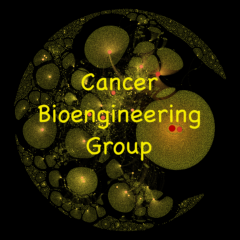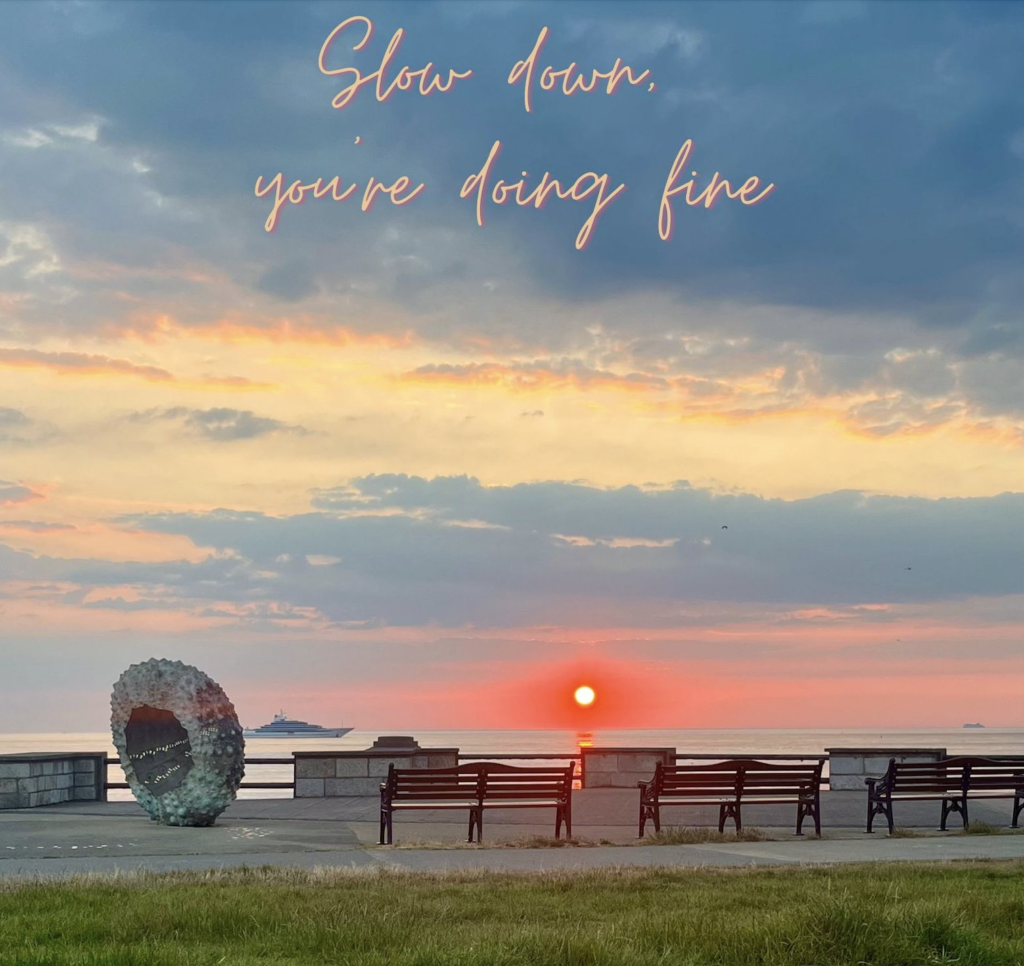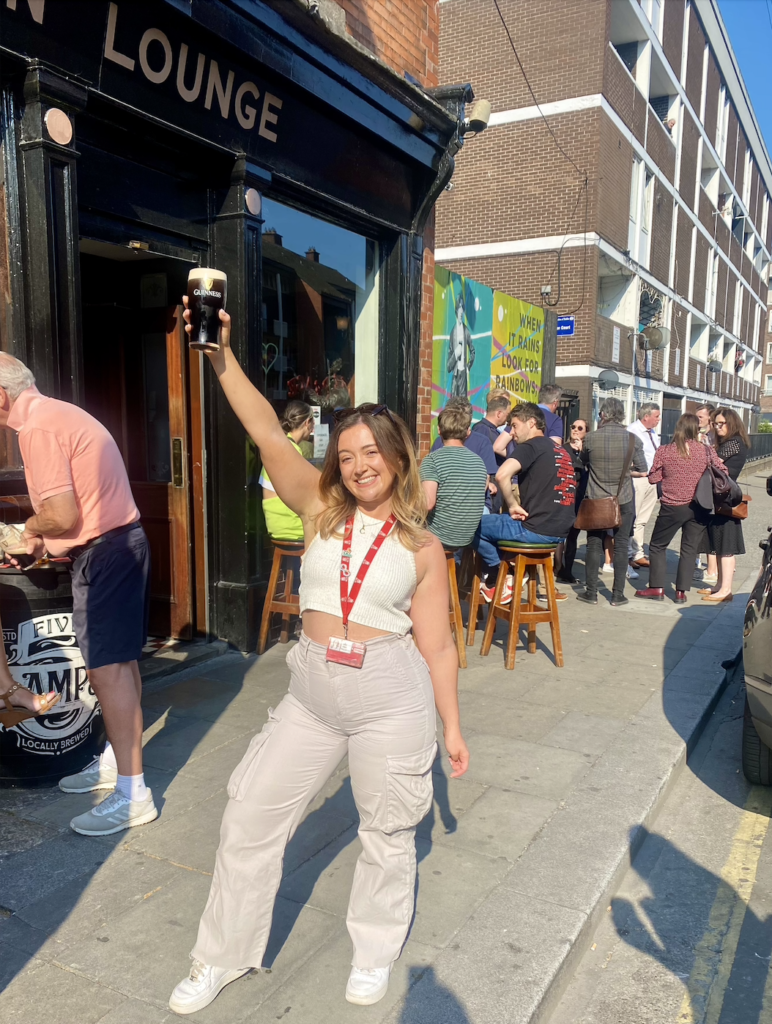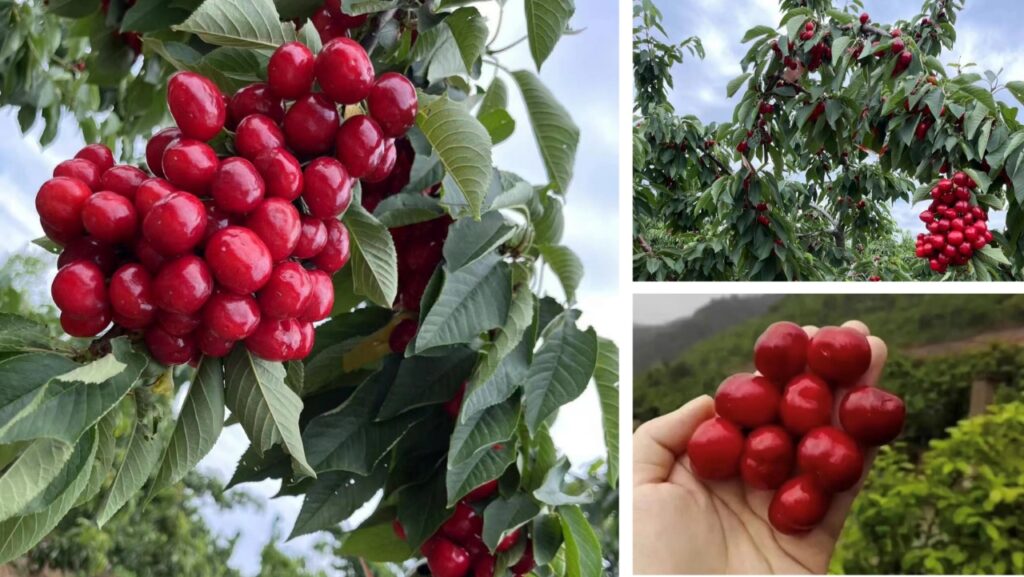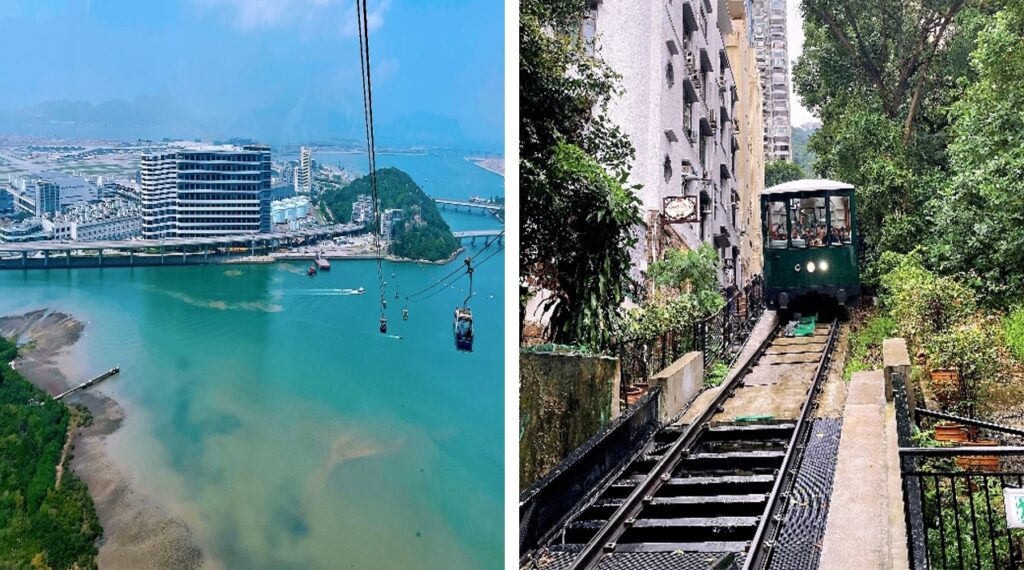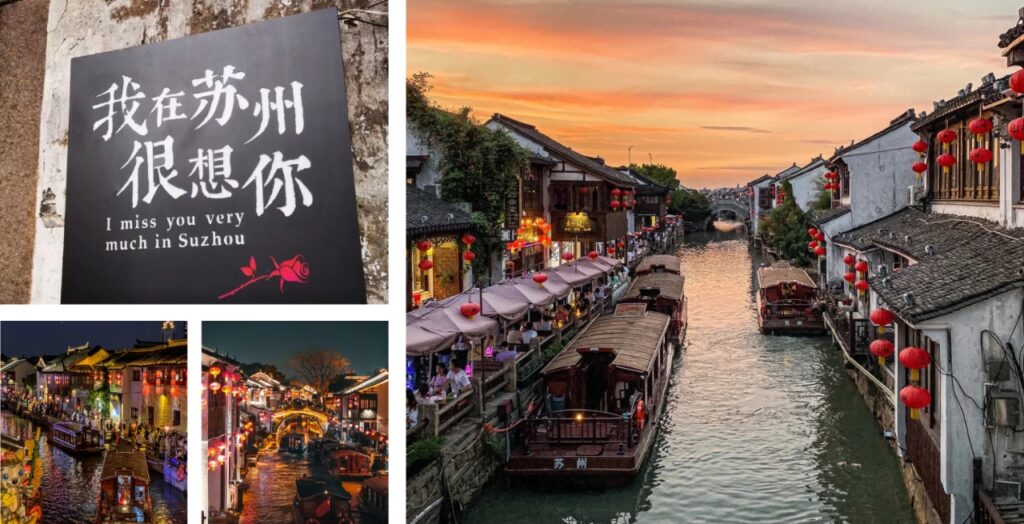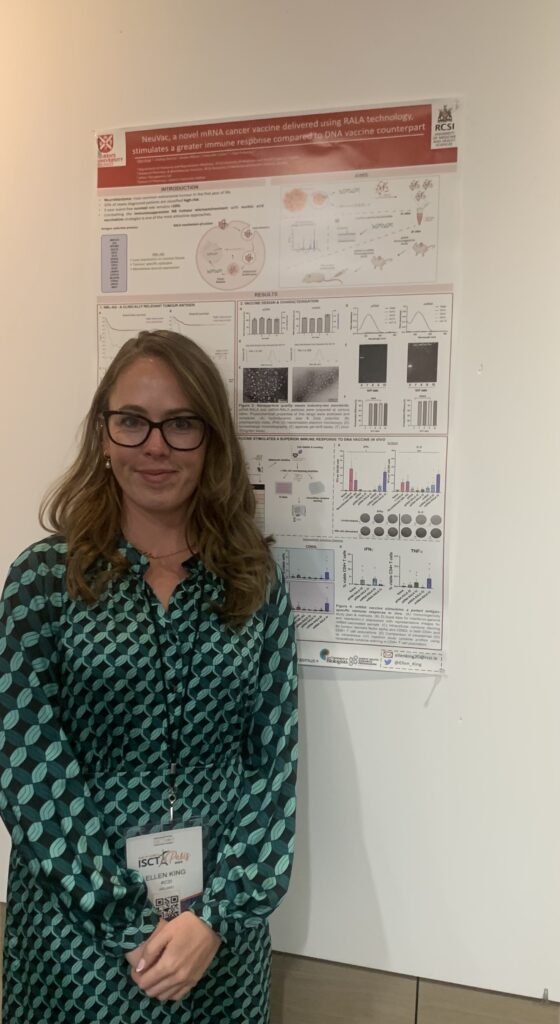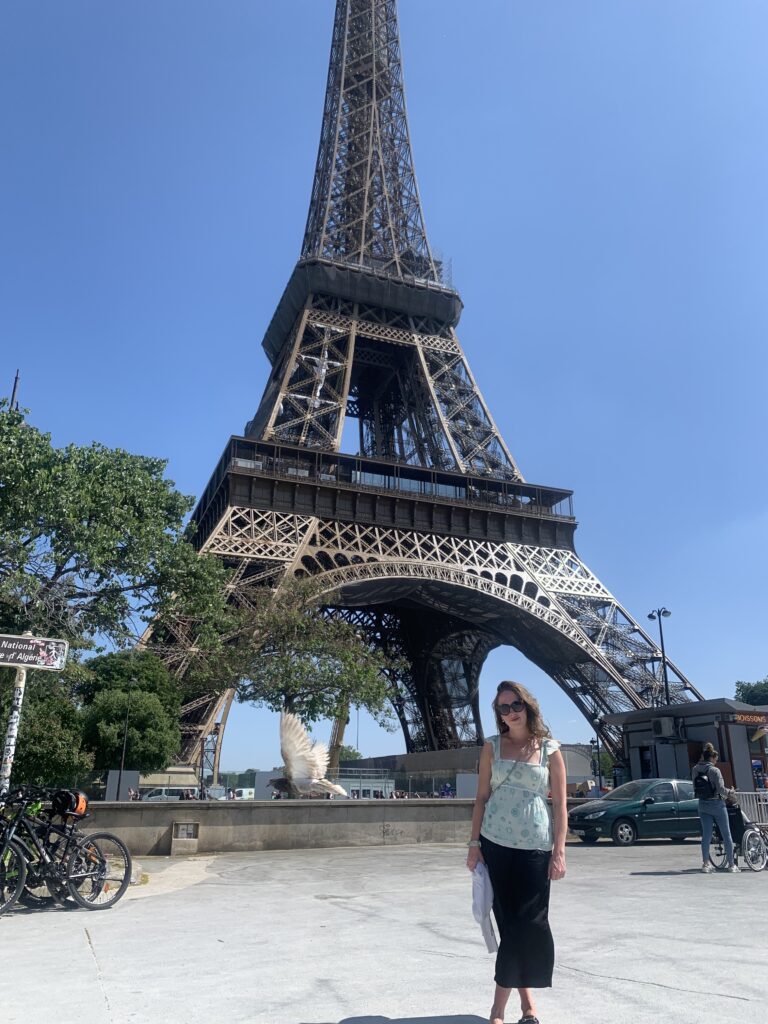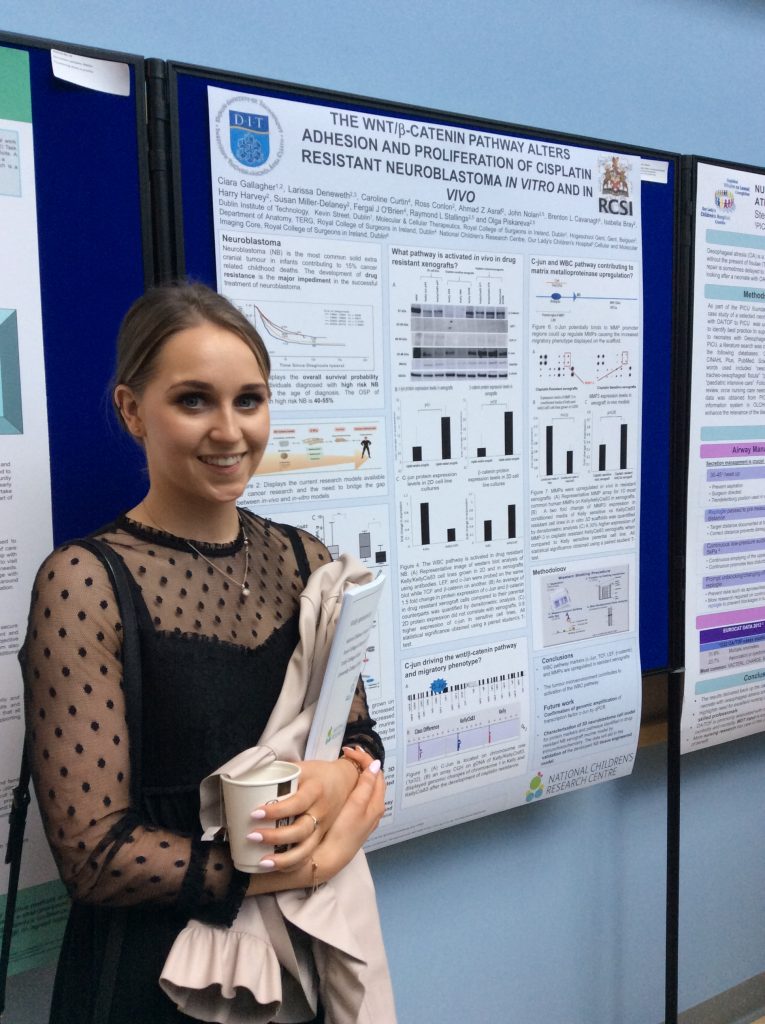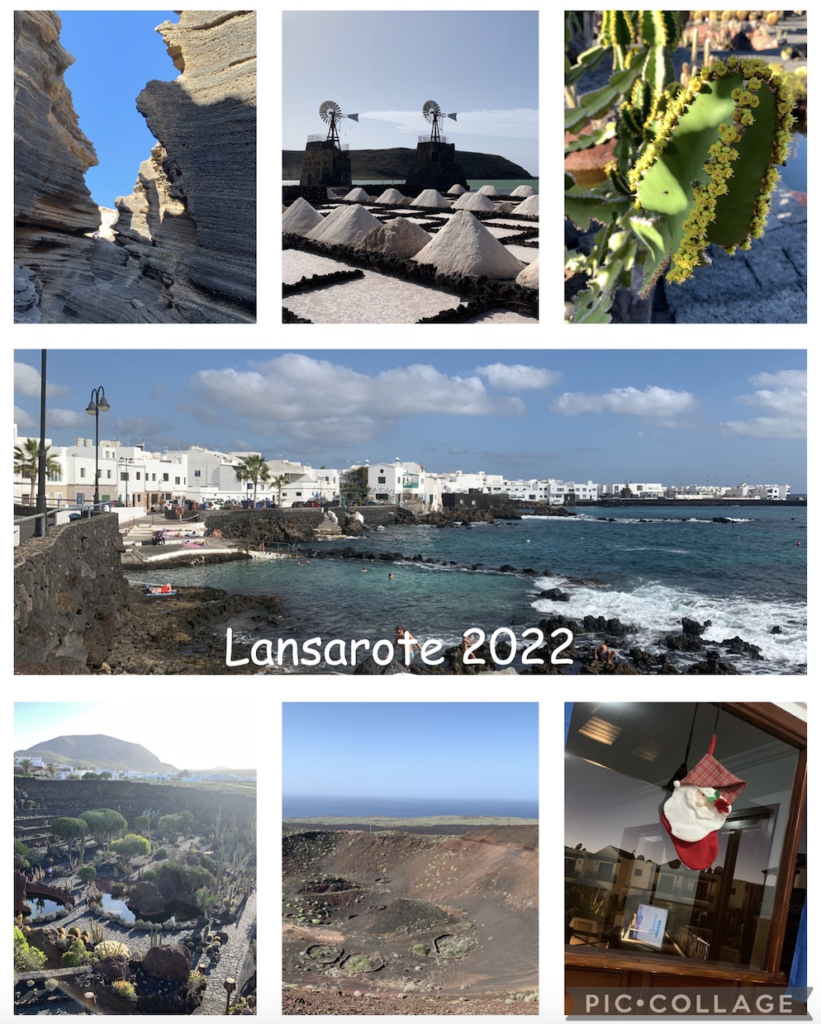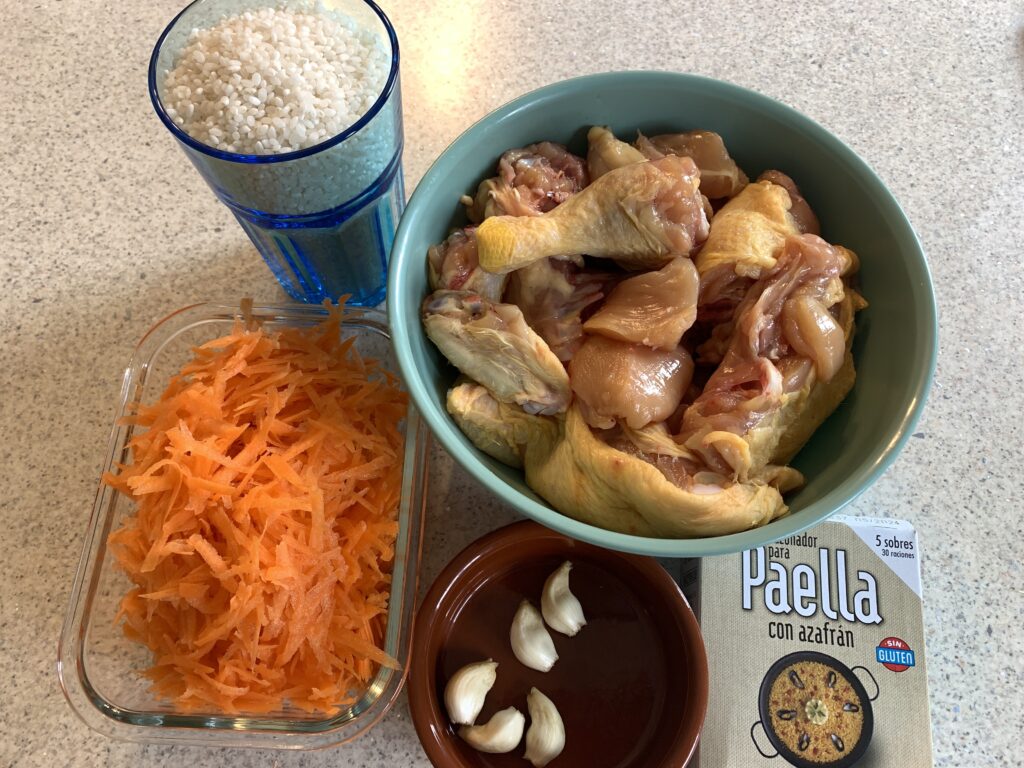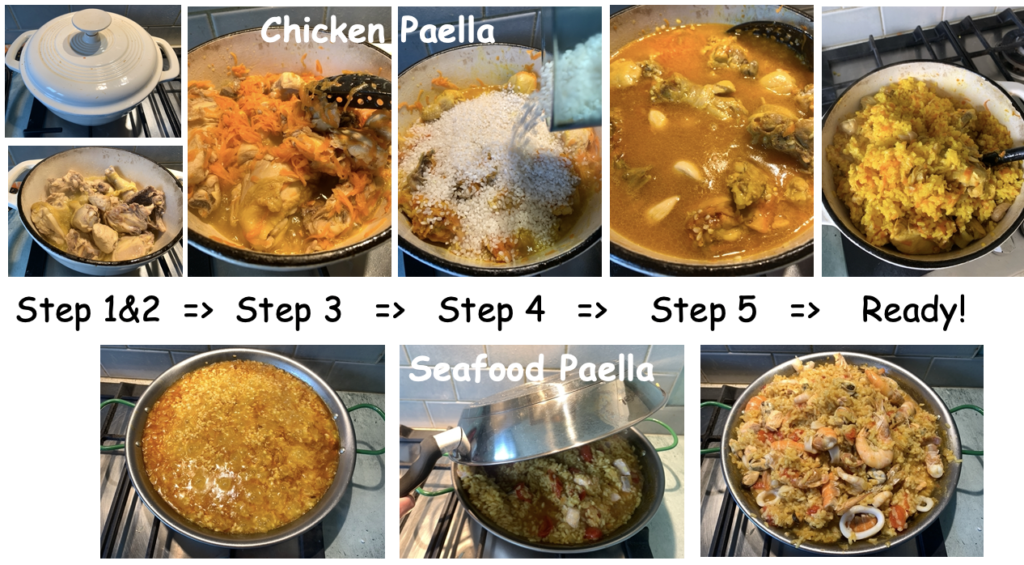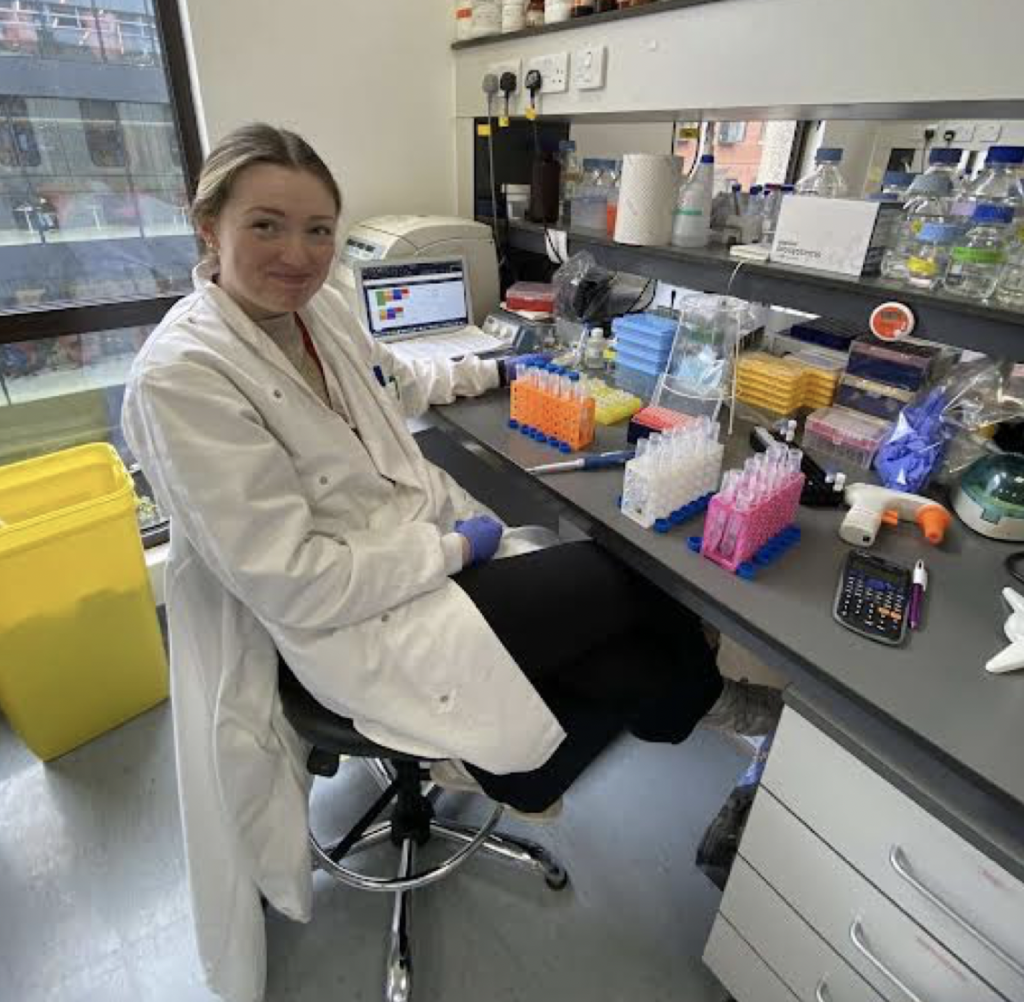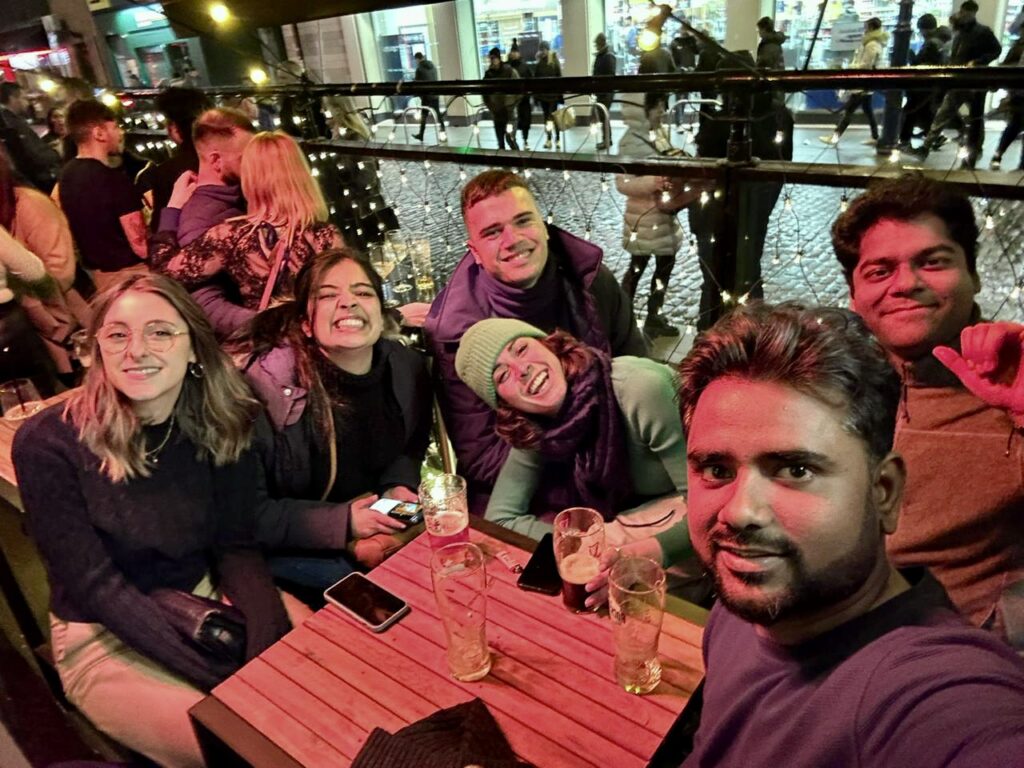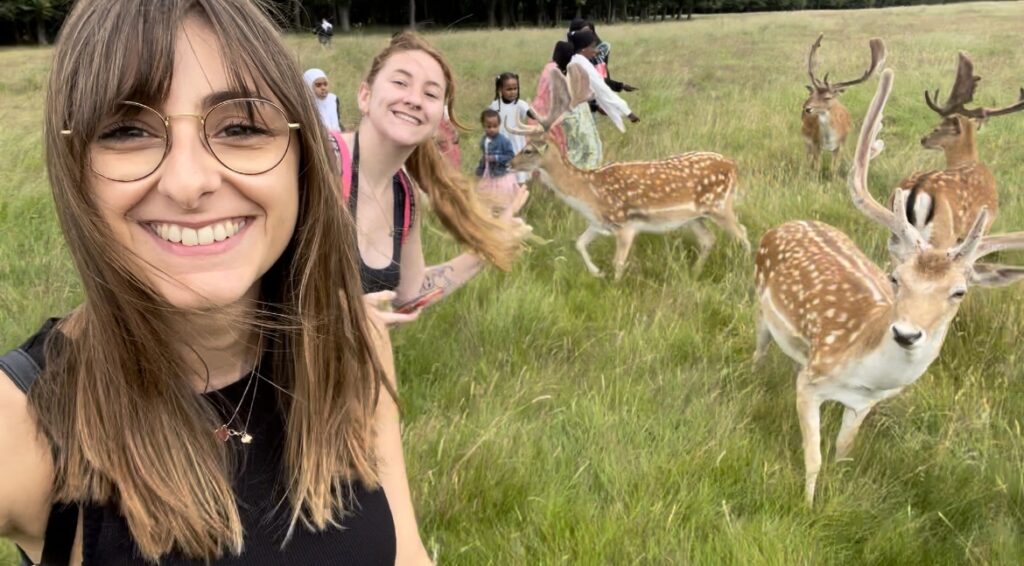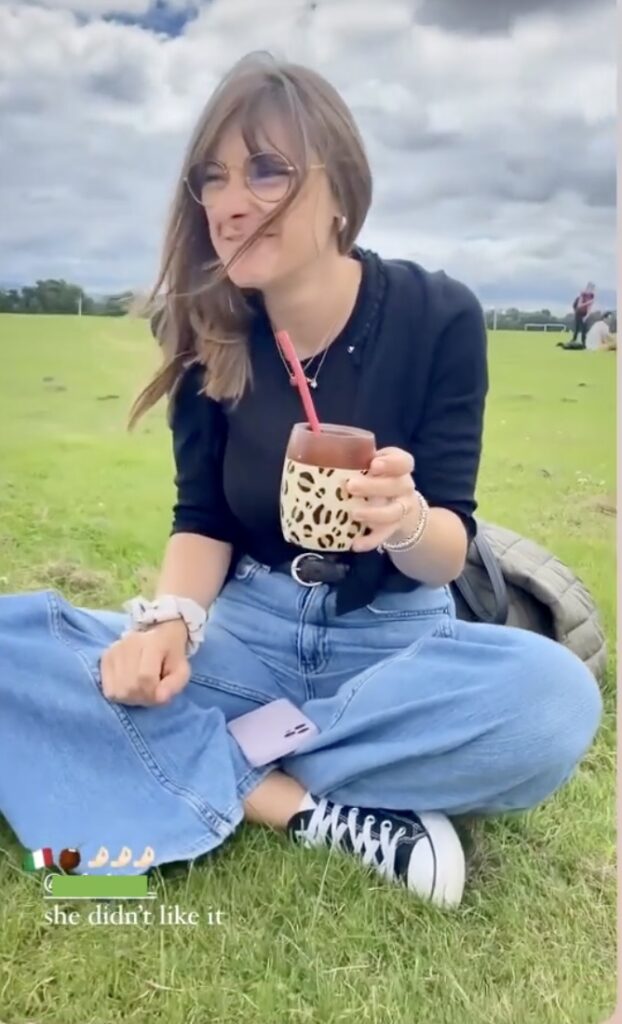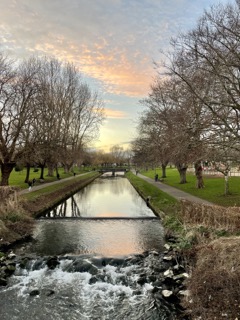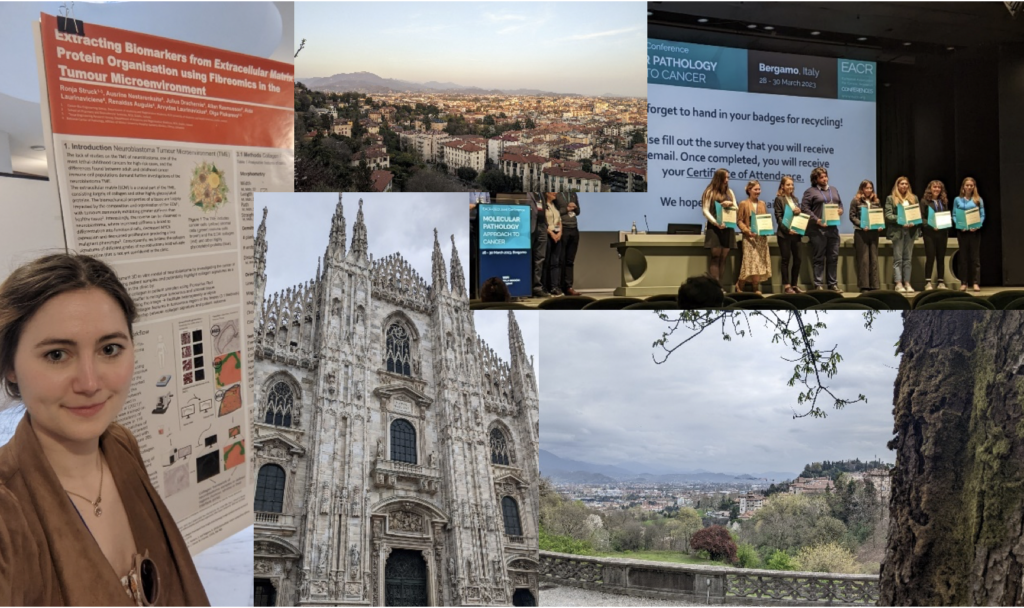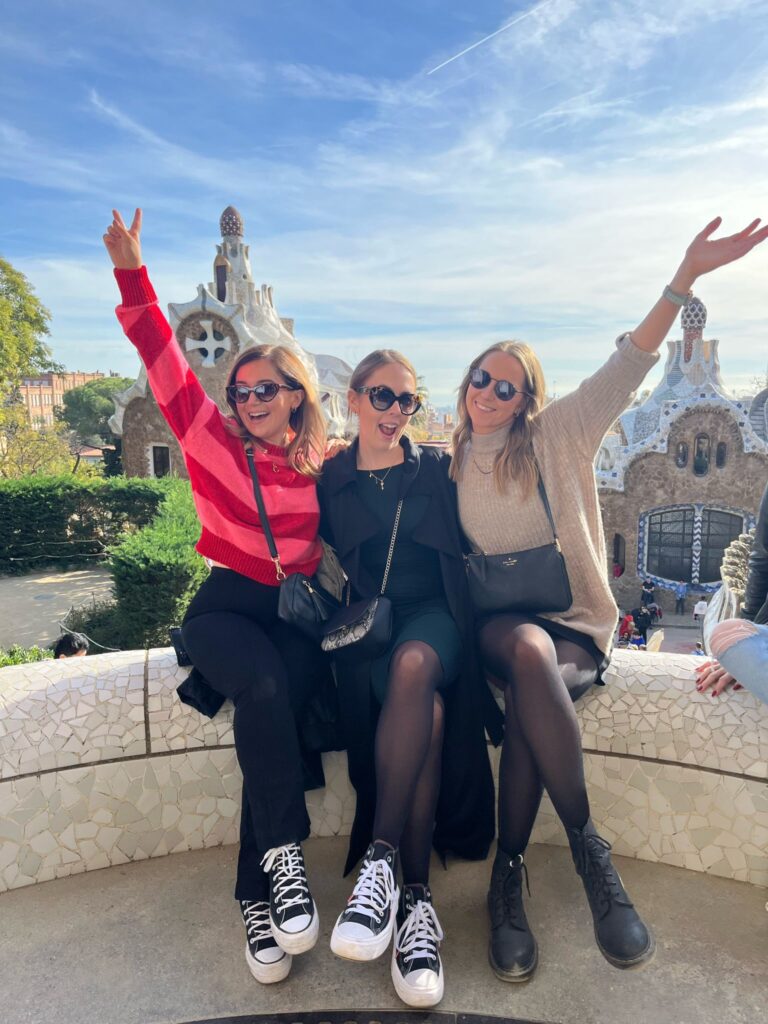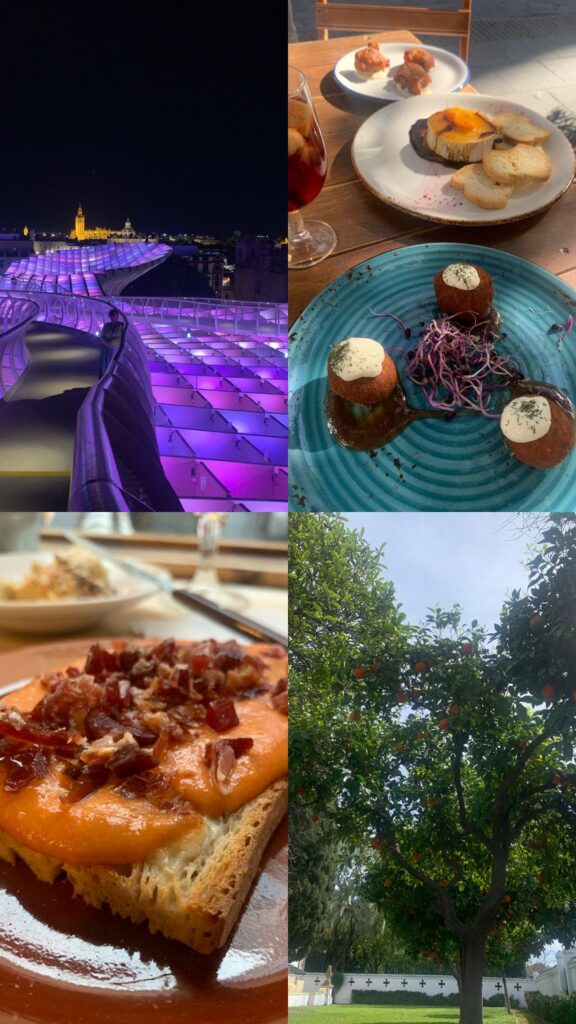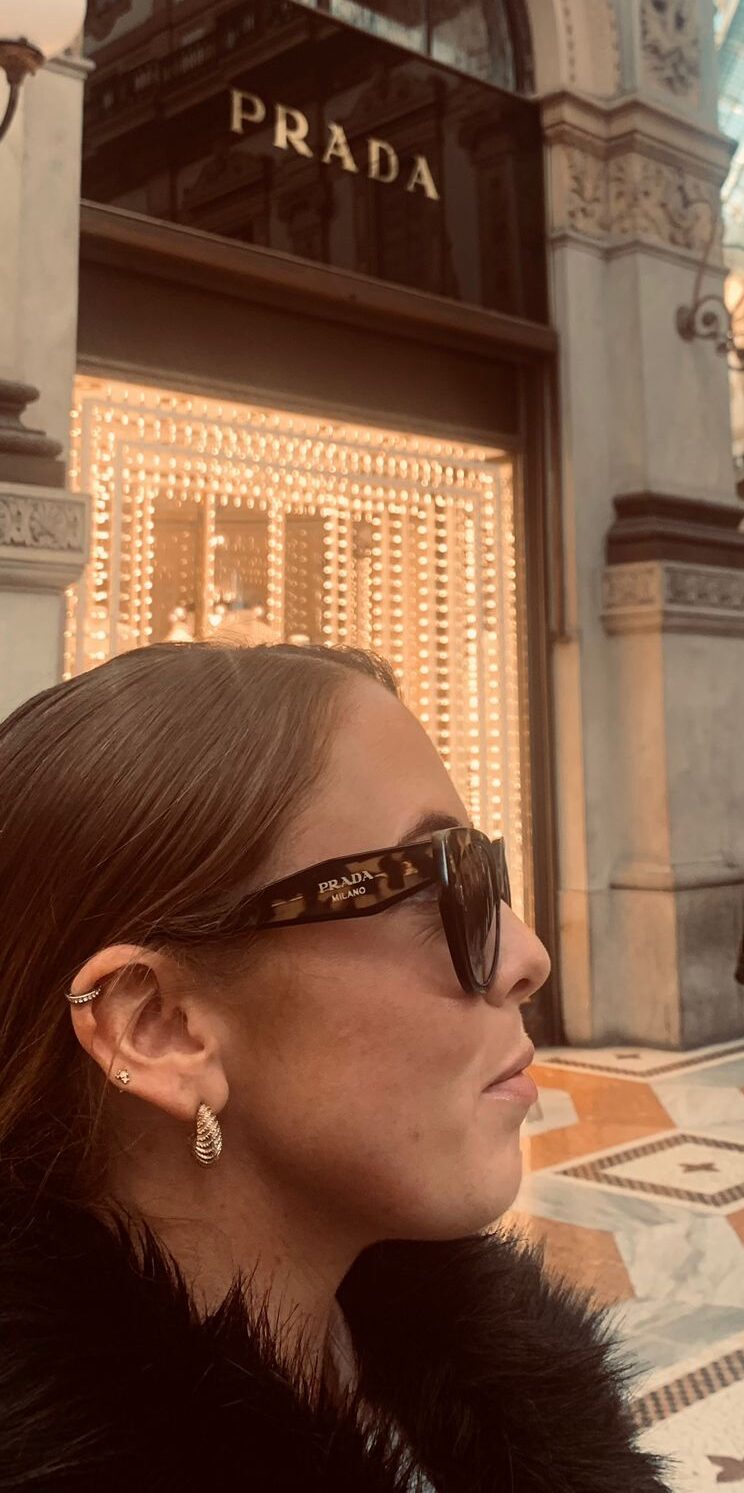What feels like ages ago now, my friend had asked me to bake the cake for her wedding. Sounds like a big ask at first. But I managed to talk myself off the ledge I climbed onto with the face every person pulled that I told of this plan. Simply by remembering that she is fully aware of who I am and never wanted a classic wedding cake but rather a little something to remind her of the good old days when we’d bake together. Her, following the recipe to a t and me, doing my darndest to find a way to make it our own, have a little fun with it and usually ending up making the cake a little worse than it would have been had I just stayed out of it. After plenty of back and forth, I decided on Fanta cake. With the wedding in the height of the strawberry season, what better than a sponge base with a little cornucopia of strawberries perched atop a vanilla cream dream? But the height of strawberry season also means scorching summer… It was a scorching hot day, with the sun beaming down mercilessly. As I meticulously assembled the cake, whispers of doubt crept in. Would the cream layer melt and cause the cake to run off in the heat?
But hey, the best part of this cake is the base, anyway. So I shoved away the doubts and got on with it: In a mixing bowl, I beat 4 eggs, 250g sugar and a pack of vanilla sugar until they reached a fluffy consistency. Then added 125ml of oil and 150ml of Fanta, creating a harmonious blend. Gradually, I mixed in 250ml of flour and 3 tsp of baking powder until all ingredients were well incorporated.
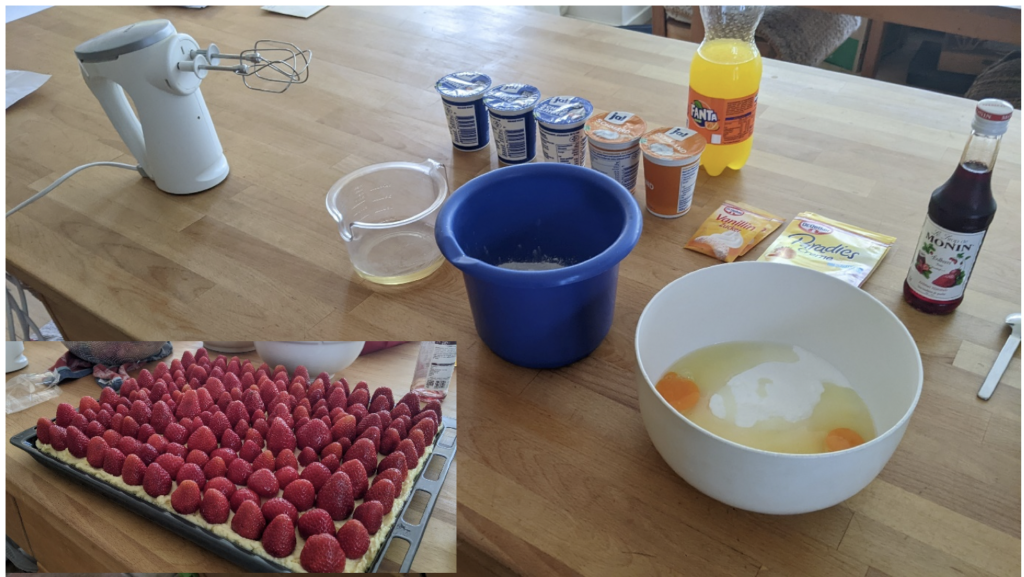
While that baked at 180°C for not quite 25 mins on a well-greased tray I started worrying about the problem child: the cream mixture. This is a funny one not just because it made me worry on the day, but it was also the reason I couldn’t really test bake here in Dublin because you can’t buy ‘schmand’ over here. I have since learned that schmand is simply sour cream with 20% instead of 10% fat and that crème fraiche is the same thing with 30% fat. So I could have saved myself a headache had I just mixed sour cream and crème fraiche and tested baking over here rather than the day before in a rush… anyway, I mixed together combine 600 ml of cream, 400 ml of sour cream, 2 packets of vanilla sugar, and 2 packets of dr oetker vanilla paradise cream, a no boil vanilla pudding. And only when the cake is cold, this gets spread all over it. Mine was still lukewarm, but it worked still.
And finally, don’t underestimate how long it takes to wash and arrange the strawberries. And how many do you need. The recipe says 1.5kg. But mine were so big that I needed to run back to the shops that morning to get more, even though I had more than 1.5kg of good strawberries left.. But I made it. Everything seemed doable yet. That’s when things turned tits up. The cake glaze didn’t work for me. First, it didn’t want to solidify, and then it just kept running off the cake. When spreading the vanilla cream, I tried to make a little barrier around the outside of the cake. And at first, that worked well enough. But the strawberries were so high that I needed to fill in more and more cake glaze that just kept seeping off the cake onto the counter and away. But that was going to have to be a tomorrow problem.
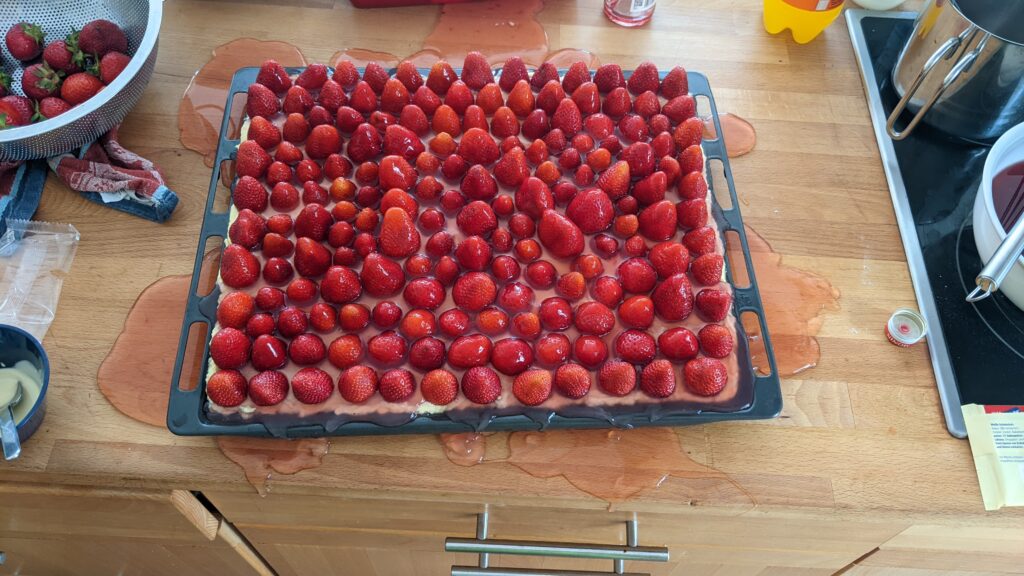
Quickly dressed friends already showed up to take me to the wedding. In an instant of sound thinking, I grabbed a spare tray and some ice packs to keep the cake cool on a scorching day and felt all the better for it when everyone else was overheating and with the cake on my lap, my thighs were positively frozen.
It even survived the ceremony in the car before we arrived at the venue, where it was finally placed in a fridge again before everyone got to try it and comment.
I think that may have been the first cake I ever made that no one told me how I could have improved on it after they tried it. Everyone seemed delighted, the strawberries were really juicy and flavourful, and even people who didn’t know I made the cake but thought it was part of the catering complimented it. Not sure that’s what my friend had in mind when tasking me with the cake, but she seemed delighted even though I didn’t deliver one of my classic disasters. Maybe there’s a point to recipes after all.
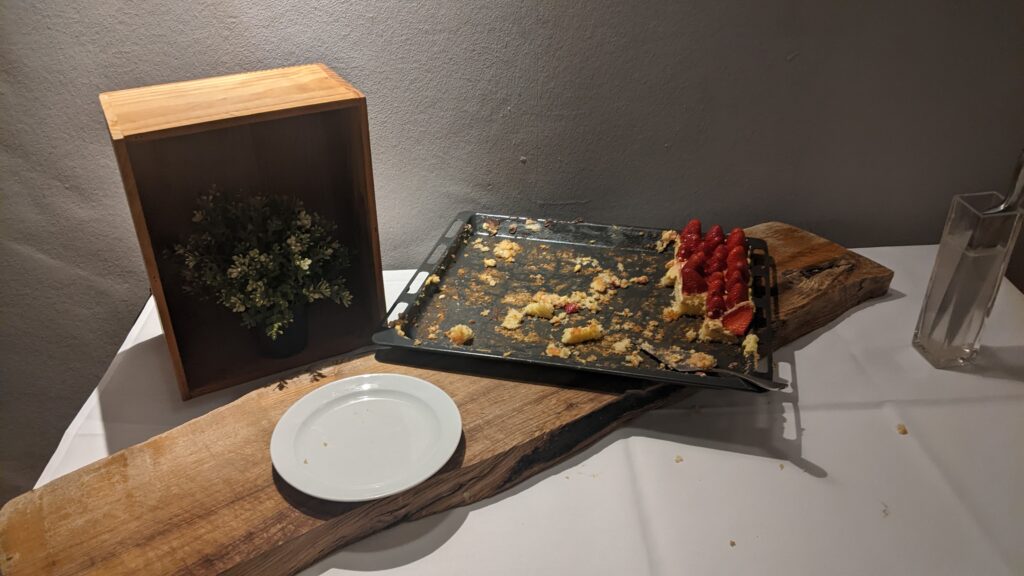
Written by Ronja Struck
